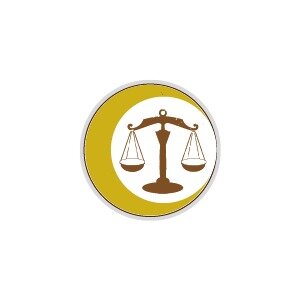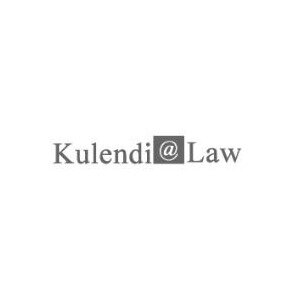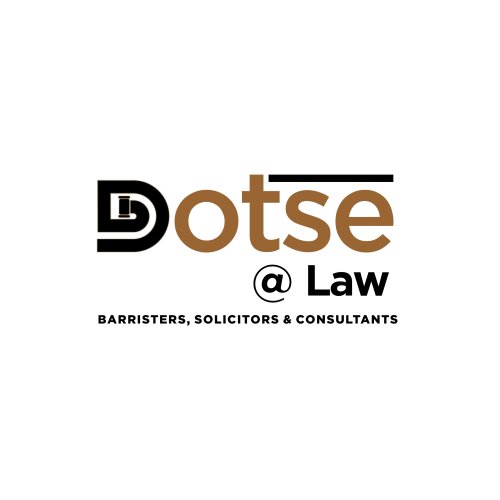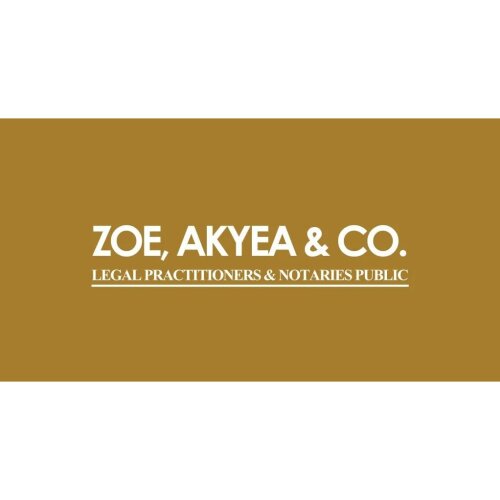Best Criminal Litigation Lawyers in Accra
Share your needs with us, get contacted by law firms.
Free. Takes 2 min.
List of the best lawyers in Accra, Ghana
About Criminal Litigation Law in Accra, Ghana
Criminal litigation in Accra, Ghana involves the legal procedures associated with prosecuting and defending individuals charged with criminal offenses. The process is governed by the Criminal Procedure Code, the 1992 Constitution of Ghana, and other relevant statutes. Criminal cases can vary widely from minor offenses to serious crimes, and the legal system in Accra is designed to ensure fairness, justice, and the protection of rights both for the accused and the victims of crime. The judicial structure comprises various courts, including circuit courts and district magistrate courts, that handle criminal matters based on the severity and nature of the offense.
Why You May Need a Lawyer
There are numerous situations in which someone might require legal assistance in the realm of criminal litigation. Common instances include being accused or suspected of a crime, being arrested and required to appear in court, needing to understand one’s rights under arrest or during interrogation, or seeking to appeal a criminal conviction. An experienced legal professional can provide guidance through complex legal proceedings, ensure the protection of your rights, and offer robust representation to achieve the best possible outcome.
Local Laws Overview
The legal system in Accra, Ghana is heavily influenced by statutory law and traditional customary laws. Key aspects of criminal law include the definitions of various offenses such as theft, assault, fraud, and more serious crimes like murder and treason. Sentencing guidelines, processes for arrest and detention, and the rights of the accused are primary elements any potential litigant should understand. Additionally, the right to bail, the presumption of innocence until proven guilty, and the right to legal representation are crucial components that affect defendants in criminal litigation.
Frequently Asked Questions
What should I do if I am arrested?
If you are arrested, it is important to remain calm and cooperative. You have the right to know the reason for your arrest and to consult a legal professional before speaking to the police.
Can I represent myself in a criminal trial?
While it is possible to represent yourself, it is not advisable due to the complexities of legal proceedings and the potential for severe consequences. Legal professionals are trained to navigate the court system effectively.
How can I bail myself out after an arrest?
After an arrest, you may be granted bail depending on the nature of the crime and other considerations. You should contact a lawyer to assist with or provide guidance on obtaining bail.
What is the difference between a felony and a misdemeanor?
Felonies are more serious offenses that typically involve severe penalties and long prison terms. Misdemeanors are less severe and often result in shorter sentences or fines.
How long can I be held by the police before being charged?
The law generally allows for a person to be held without charge for up to 48 hours, after which they must be released or brought before a court.
Can I appeal a criminal conviction?
Yes, you can appeal a conviction if you believe your trial was flawed or legal mistakes were made. An appellate court can review your case under certain conditions.
What happens if I cannot afford a lawyer?
If you cannot afford a lawyer, you may be entitled to legal aid, depending on the circumstances of your case. It's important to inquire about this possibility during legal proceedings.
What role does the prosecutor play in a criminal trial?
The prosecutor represents the state and is responsible for proving the accused individual's guilt beyond a reasonable doubt during a criminal trial.
What is plea bargaining?
Plea bargaining involves negotiating an agreement between the prosecutor and defendant whereby the accused may plead guilty to a lesser charge in exchange for a lighter sentence.
How does one expunge a criminal record in Ghana?
Expunging a criminal record involves obtaining a legal order to remove certain offenses from an individual's record. This process usually requires the assistance of a lawyer to guide the application and court review steps.
Additional Resources
Individuals seeking legal advice should consider contacting the Ghana Bar Association for lawyer referrals, or the Legal Aid Commission for assistance in understanding their rights and accessing legal aid. The Ghana Police Service and judicial service websites provide detailed information about legal procedures and defense rights. Additionally, local non-governmental organizations focused on justice and human rights may offer useful support and resources.
Next Steps
If you require legal assistance in criminal litigation, begin by consulting with a lawyer who specializes in criminal law in Ghana. Gather all relevant documentation related to your case and prepare a timeline of events to help your lawyer understand the details. Prioritize understanding your rights and options, and make an informed decision about how to proceed with your defense or appeal. It's crucial to take timely legal action to protect your interests and rights within the framework of Accra’s legal system.
Lawzana helps you find the best lawyers and law firms in Accra through a curated and pre-screened list of qualified legal professionals. Our platform offers rankings and detailed profiles of attorneys and law firms, allowing you to compare based on practice areas, including Criminal Litigation, experience, and client feedback.
Each profile includes a description of the firm's areas of practice, client reviews, team members and partners, year of establishment, spoken languages, office locations, contact information, social media presence, and any published articles or resources. Most firms on our platform speak English and are experienced in both local and international legal matters.
Get a quote from top-rated law firms in Accra, Ghana — quickly, securely, and without unnecessary hassle.
Disclaimer:
The information provided on this page is for general informational purposes only and does not constitute legal advice. While we strive to ensure the accuracy and relevance of the content, legal information may change over time, and interpretations of the law can vary. You should always consult with a qualified legal professional for advice specific to your situation.
We disclaim all liability for actions taken or not taken based on the content of this page. If you believe any information is incorrect or outdated, please contact us, and we will review and update it where appropriate.












